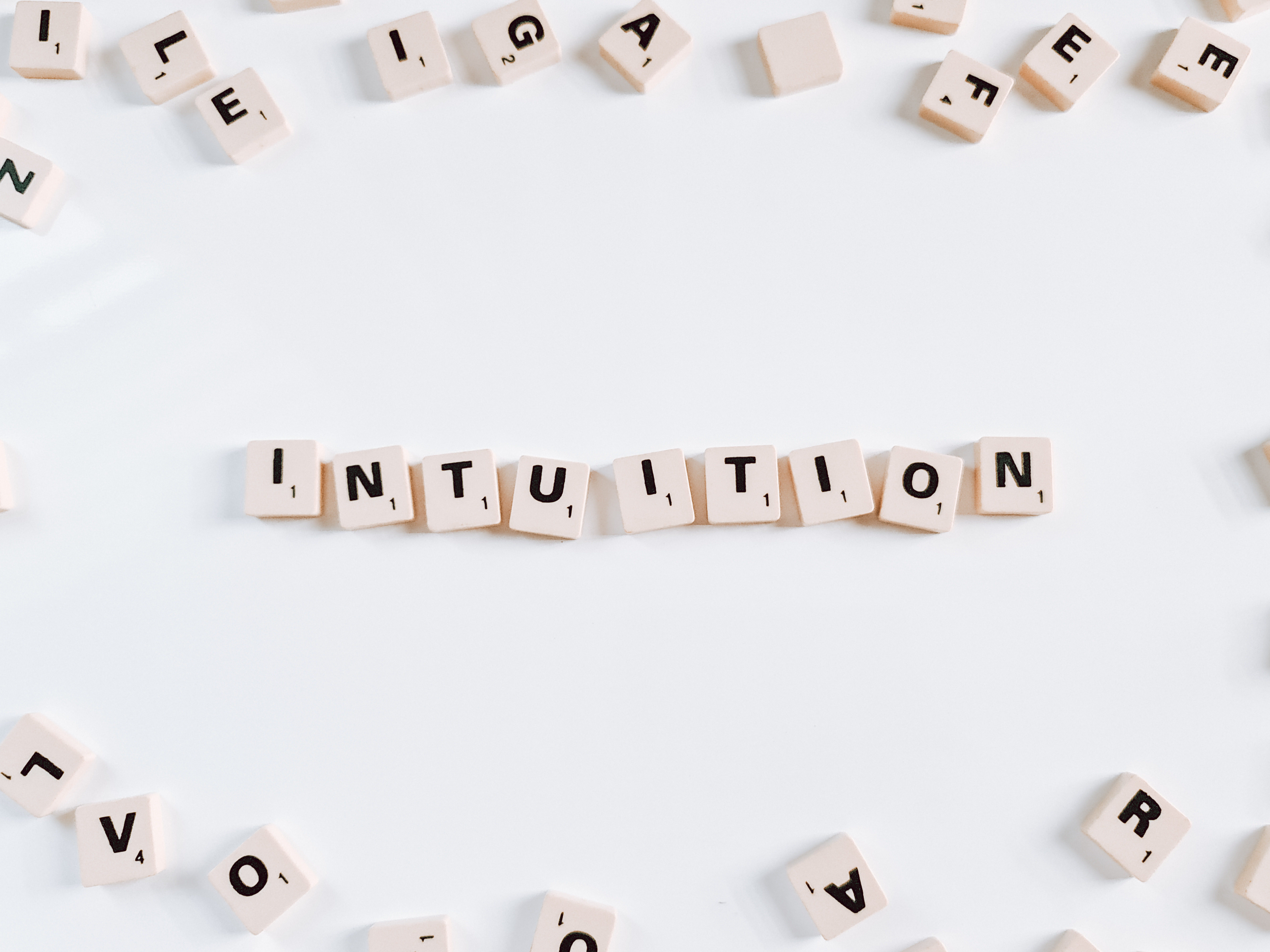Campus Living, Life on Campus
How to Benefit From Intuitive-Decision-Making as a Student?
Ellie Richards

For decades, the science of decision-making has focused on providing formal and analytical explanations of how we think. Empirical models such as the rational model of decision-making present this process as a series of steps that absolutely have to be followed for decision-makers to have any hope of arriving at valid conclusions.
However, there is also the growing trend of acknowledging that intuition may be just as significant for quick and effective decision-making as rationality. For many, the proverbial ‘gut feeling’ may even be the deciding factor when committing to a specific behaviour or making an important choice. Nonetheless, intuition is a ‘black box’ that is incredibly difficult to define and explain. Can it be leveraged as a consistent source of good insight? In this article, we outline both the benefits and limitations of intuitive decision-making for students.
How Does Intuitive Decision-Making Work?
For most of us, intuition is typically defined as a ‘gut feeling’ that assigns some sort of an emotional response to certain choices. For example, when deciding on what sort of Master’s programme to pursue, we may suddenly feel good (or bad) about the key alternatives we are considering such as different universities, professors, programme contents, etc.
This explanation makes intuition sound like some sort of a magic spell that exists entirely outside the realm of rationality. And hey, this magic spell can lead to some exceptional outcomes. We are sure that nearly everyone who is currently reading this article can remember at least one or two personal experiences in which intuition has allowed them to make an unexpectedly beneficial choice.
For obvious reasons, however, intuition is not actually magic. Modern scientists generally agree that intuition simply constitutes another form of logic. While rational decision-making typically focuses on gathering empirical data and using this insight to evaluate alternatives, intuition taps into one’s past experiences to draw parallels between them and your current circumstances. This process occurs in the subconscious outside of one’s immediate zone of cognitive and affective attention.
How Can Intuition Benefit Me as a Student?
As we have said above, intuition still follows a certain logic which means that it can be developed and harnessed as a very valuable skill. When applied well, intuitive decision-making can offer a powerful tool complementing rational decision-making.
Students are often faced with problems that do not really have an obviously beneficial solution. For instance, when choosing a topic for your dissertation, you may be faced with two alternatives. One topic may be interesting on a personal level while being difficult to pursue and articulate empirically. Another topic could appear boring but at the same time come with a certain academic and empirical ‘safety net’.
From a rational point of view, choosing the second topic is unambiguously the best choice, particularly if parts of it have already been covered by other researchers whom you can cite and reference. And yet, daring to choose the first topic may ultimately result in you being a part of an exciting and fulfilling research project the completion of which could even be the foundation for a future doctoral thesis.
Intuition, therefore, is at its most useful when it is difficult to clearly articulate the risks and benefits associated with each alternative in a decision-making process.
This is just one example in which an intuitive choice could ultimately prove more beneficial than the rational choice. To help you apply intuitive decision-making effectively, we have prepared the following list of questions that you should always ask yourself to evaluate how your ‘gut feeling’ works.
- What are some of the biases that may affect my judgment?
- What past experiences could my intuition be rooted in?
- What sort of feelings am I experiencing when thinking about certain choices?
- How can I explain my current emotions and their effect on decision-making?
- How have I fared when making similar decisions in the past?
The list is by no means extensive but answering the above questions should provide you with some insight into what specific forces drive your intuitive decision-making. If you ever find yourself relying on your ‘gut feeling’, being aware of one’s biases and idiosyncrasies may be very beneficial.
Are There Limitations to Relying on Intuitive Decision-Making?
Yes, and it is important to fully acknowledge them before you decide to rely on your ‘gut feeling’. Intuition is not a magic wand and relying on it does not guarantee that you will like the outcome that your decisions could lead to.
Intuition is inherently constrained by various cognitive and affective biases. For example, the representativeness bias means that we tend to vividly remember extraordinary events and tend to overestimate the probability of these events occurring in the future. In turn, this may skew how intuitive decision-making construes future events and risks.
Intuitive decision-making is also invariably linked to one’s emotions which opens a huge can of worms. Ultimately, a ‘gut feeling’ is just that – a feeling. Our feelings may be distorted by a wide range of factors, most importantly our mental health. For instance, you may overestimate risks if you are regularly experiencing anxiety. Alternatively, experiencing symptoms of depression may cause you to drastically underestimate risks and, possibly, commit to choices that can be harmful.
Finally, in some cases, your decisions may also affect other people. For instance, you may be required to choose a topic for a collaborative research project. In such cases, fully relying on intuition without considering others’ opinions and perspectives may prove detrimental to group dynamics. Even if you are confident that your ‘gut feeling’ is right, being considerate of others’ choices should be your top priority.
As long as you are aware of its limitations, intuition can be a powerful companion to rational decision-making. While not a universal solution to all possible decision-making problems, your ‘gut feeling’ is not to be underestimated. We hope that our brief guide on intuitive decision-making will prove useful in your future academic and personal pursuits!
Author Bio: Ellie Richards is an online Marketing Manager for Original PhD, specialising in PhD thesis writing. She is passionate about researching and writing on various topics, including Education, Marketing, and Technology.
SEE ALSO: How To Navigate College When You’re Neurodivergent













